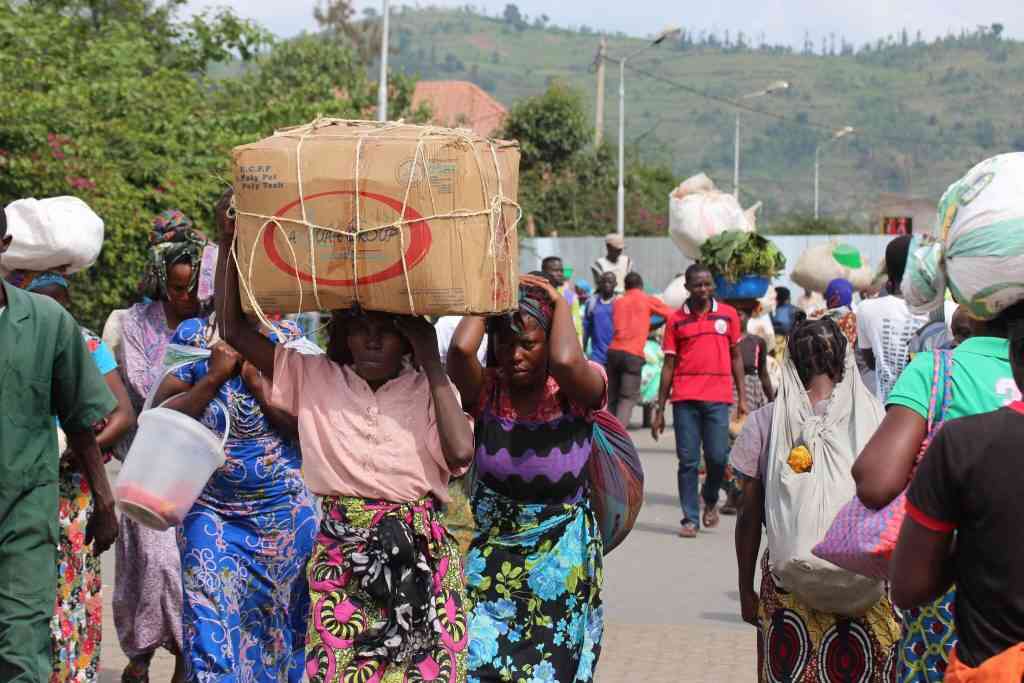
By Fidelity Mhlanga
ZIMBABWE’s construction sector has been growing steadily in the past years and Treasury has projected that it will grow by 17,4% this year. The growth is set to be propelled by authorities who are planning to build health and education infrastructure across the country supported partly, by funds from the International Monetary Fund Special Drawing Rights allocations. The private sector and individuals are also expected to drive that growth. In this interview construction industry player, Tile Essentials managing director Spencer Madziya (SM) speaks to our Business Reporter Fidelity Mhlanga (FM) to give insights on the sector and more. Below are the excerpts.
FM: Give us the company overview… its scope of operations and target market.
SM: Tile Essentials is a Pvt Ltd company providing a range of products in tiling, lighting and materials for domestic and commercial construction industry. Born out of Tiles For Africa our company boasts of a team with 20 years plus experience in the industry led by myself.
FM: Tell us, to what extent has Covid-19 affect your business operations?
SM: The Covid pandemic adversely affected our operations. We experienced shorter trading hours as the mitigatory lockdown measures were effected. Our supply chain was severely affected as goods could not meet targeted timelines. Staff was affected and we lost some workers. We are still fighting on despite the impact of the pandemic. It is a struggle.
FM: What has been the uptake of products you distribute since you started operating.
SM: The last quarter has seen a steady increase in the uptake of our products as the market has begun to ease and Covid restrictions relaxed.
- Chamisa under fire over US$120K donation
- Mavhunga puts DeMbare into Chibuku quarterfinals
- Pension funds bet on Cabora Bassa oilfields
- Councils defy govt fire tender directive
Keep Reading
FM: What opportunities are you seeing on the Zimbabwean market and do you think there is still space for local manufacturing of tiles in the country?
SM: The Zimbabwean construction industry has taken quite a huge leap and indeed there is room for our local manufacturer of tiles to sufficiently supply the market, however competition from the region is also quite strong, which is healthy, as suppliers fight for quality and good service.
FM: Zimbabwe is generally perceived as a tough operating market. How does it feel to be an entrepreneur in Zimbabwe?
SM: Being an entrepreneur in Zimbabwe is no easy walk in the park as we suffer from policy inconsistencies and lack of confidence in our banking system. There is a lot of red tape to access lines of credit as international and regional financiers are hesitant to channel money due to the currency volatility obtaining in our economy. This and other factors makes it quite a struggle. It also does have its good side as the government through the Small to Medium Enterprise ministry has been doing its part to assist.
FM: Take us through the general trend of your products.
SM: The general consumption trends of our products is determined by various factors. We have seen the emergence of luxurious apartments commonly referred to as Estates, they have an appetite for the bigger and more stylish tiles mostly in the northern suburbs. A lot of funds have also been channelled to low-cost housing for example, FBC houses in Kuwadzana roundabout. This has seen our product that suits those projects having quite a high uptake. The availability of local tiles have also seen a lot of consumers preferring those because of lower pricing and those well to do indulging mostly on the imported tiles. There is definitely a balance in the market.
FM: The construction industry is seen as one of the fastest growing sectors in the country. How do you intend to tap into this growth in 2022?
SM: Zimbabwe’s construction industry is indeed one of the fastest growing with the NDS1 programme initiated by the government having seen an increase in the uptake of our products in the market. We intend to tap into the vast buildings in the commercial and housing developments nationwide.
FM: How has business been faring this festive season?
SM: This festive season saw a decline in business as the Diaspora market did not manage to travel in their usual numbers back home as the Covid-19 Omicron scare shook the world. The Diaspora ordinarily spend much on construction by way of buying building materials for new houses and renovations during the festive season. Also traditionally due to rains the construction industry takes a break from the 5th till around the 19th of January.
FM: What’s your business plan for 2022?
SM: Our focus is mainly on retaining and growing our domestic markets and consolidate 2021 gains. We are expecting huge business at the back of a boon in construction business being championed by government. As you are aware according to the 2022 budget statement authorities have projected a 17% growth for the construction sector. This means that with government, private sector and individuals expected to spend big on construction, we as suppliers of the sector’s consumables are in for brisk business.










